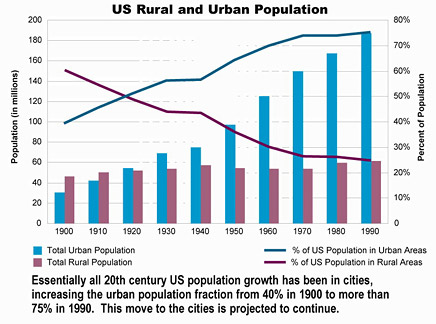I'm actually surprised that for a forum full of engineers, how many just easily "accept science".
I think the true scientific approach is to always question everything. To see if an event is a coincidence, if something is cause & effect, if pesticides are bad, vaccines, etc.
All I know is that in the last 25 years, Autism went from 1 in 250,000 to 1 in 68. Where are the SCIENTISTS we need now to figure this out?
I'm glad people are questioning vaccines, pesticides, older parents, and other theories as the cause, maybe we'll figure out the cause.
What I do not agree with is saying "oh science is great, that **** is safe, continue on, nothing to see here", while we continue to diagnose child after child with Autism.























